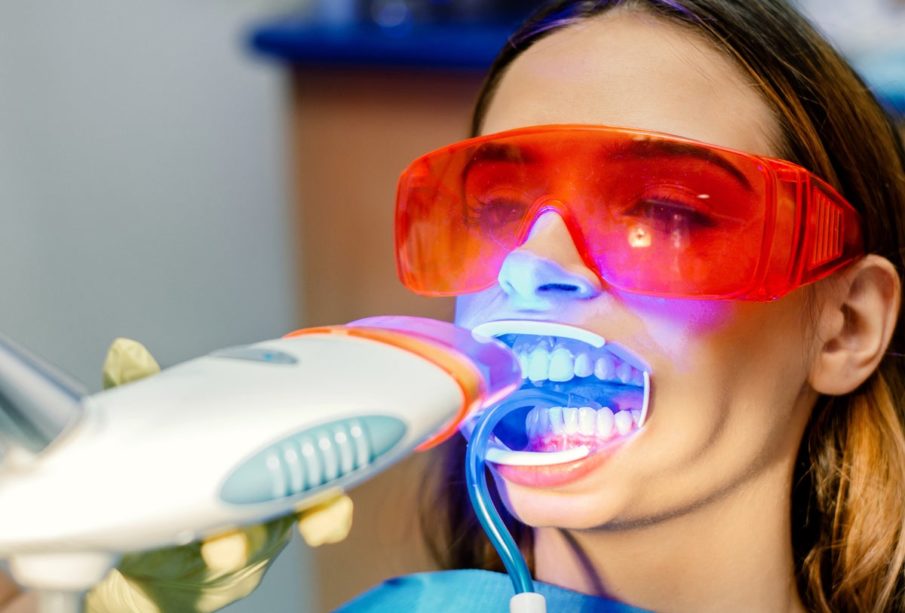Differences Between Holistic and Traditional Dentists

Dentistry is a more diverse field than most people realize. While family dentists and general dentists provide the majority of patient care, there’s a growing interest in alternative practices such as holistic dentistry. Read on to find out about the differences between these fields.
What Is Family Dentistry?
Family dentists treat patients of all ages, but they often focus on kids and adolescents. They focus on preventive care, including cleanings, X-rays, and patient education, and also provide basic restorative and cosmetic services. All family dentists receive extensive training, and many are also qualified paediatricians.
What Is a General Dentist?
A general dentist is a primary dental care provider. Though some of them treat children, they do not specialize in paediatric care. They can, however, diagnose, treat, and manage all of an adult’s oral health care needs.
What Is a Holistic Dentist?
Depending on the holistic dental practice, a holistic dentist can be considered either a general dentist or a family dentist. Sometimes referred to as natural dentists or biological dentists, these oral health care providers focus on providing alternative, natural solutions to traditional dental procedures. They tend to take a more holistic, interconnected approach to dental care and look for patterns in patients’ overall health, including physical and emotional health, before suggesting natural therapies.
Traditional vs. Holistic Dental Care
Holistic dentists receive the same level of training as traditional dentists. They can provide all kinds of basic preventive and restorative care, but there are some differences. For instance, most holistic dentists focus not just on filling cavities, but on determining what underlying health or lifestyle factors could be contributing to the patient’s tooth decay to prevent future issues.
Holistic dentists typically utilize biological techniques designed to preserve teeth and avoid drilling whenever they can. Many recommend composite resin fillings instead of amalgam fillings and metal crowns, and most do not use fluoride or perform root canals. The thinking here is that root canals could introduce harmful bacteria into a patient’s bloodstream, leading to worse long-term health outcomes.
Which Is Better: A Traditional Dentist or a Holistic Dentist?
There’s no right or wrong when it comes to choosing which type of dentist to entrust with patient care. Some people prefer to visit traditional general or family dentists, while others like to take a more natural approach.
While most holistic dentists offer a wide range of services, there may be some procedures they will not perform. Similarly, traditional dentists may not be able to take the same kind of broad view of a patient’s overall physical and emotional health as holistic dentists, which means they may not always have a full understanding of a patient’s underlying conditions and how they impact oral health.
The Bottom Line
The most important thing when it comes to maintaining good oral health isn’t whether patients go to a traditional or a holistic dentist. It’s whether they receive the kinds of care they need. People looking for new dentists should reach out to the practice with questions before calling to schedule a consultation to make sure that it feels like a good fit. It’s always fine to switch dentists, but it’s never wise to go without preventive dental care.









